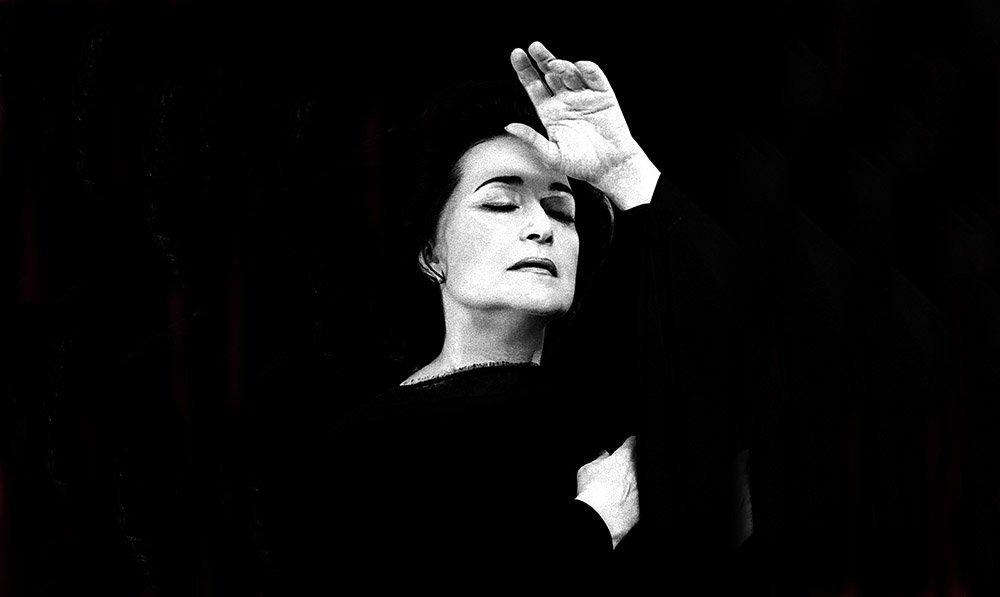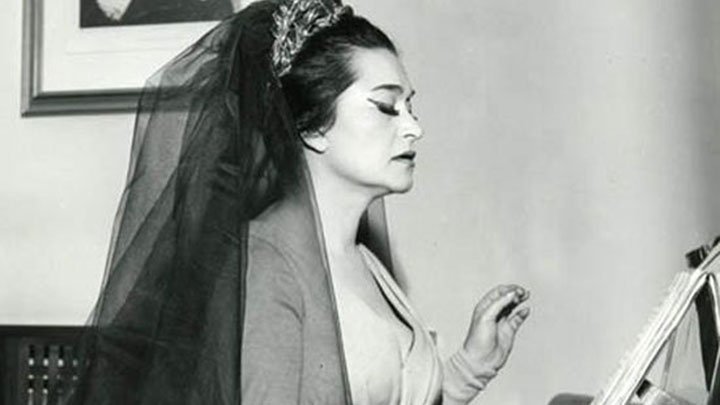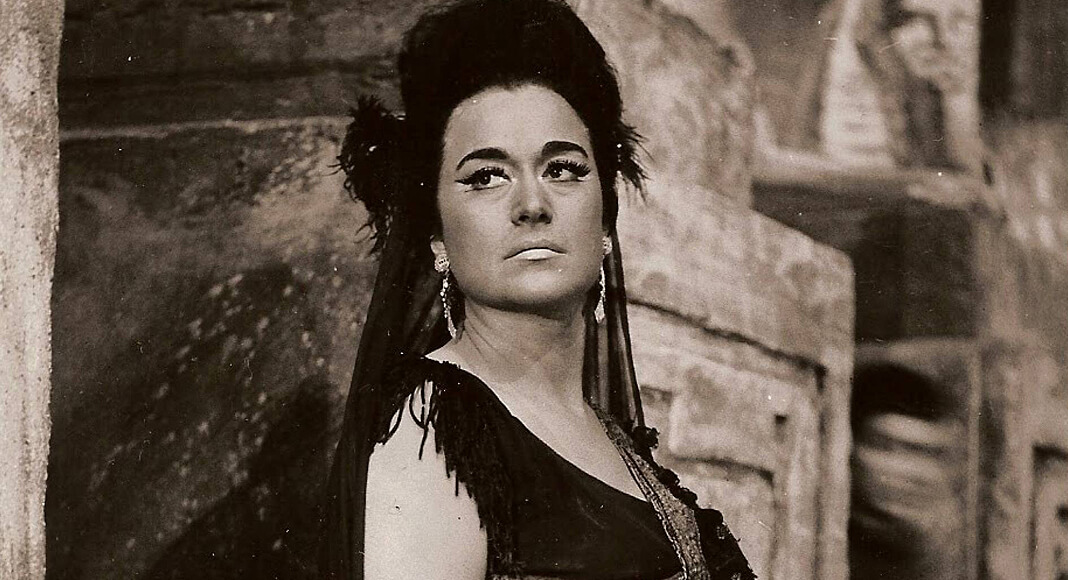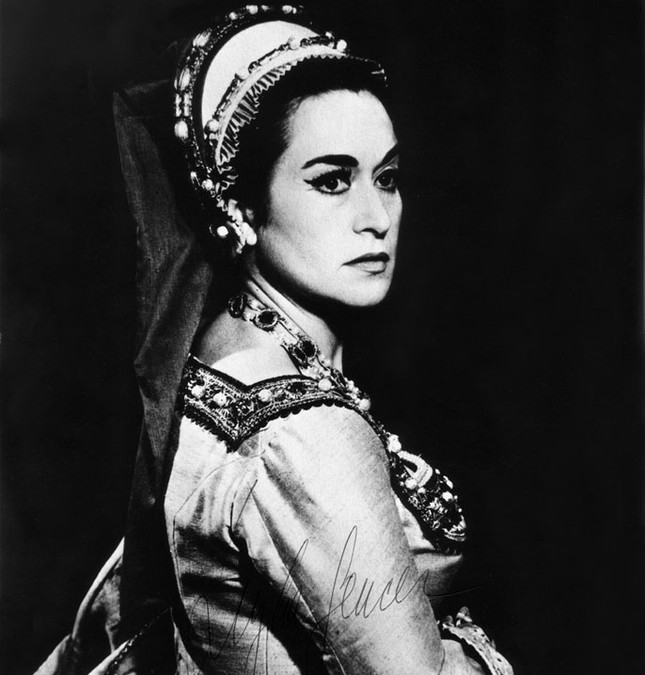Aisha Leyla Cheyrekgil was born on the 10th of October, 1928 in a «small Polish village», located in Istanbul’s outskirts. She was a daughter of a Lithuanian noble woman and a Turkish businessman, had an amazing voice, her vocal opportunities reached «fa» of the third line octave, however strained by her after conservatory study. This girl got her music education and rendered for several years in Istanbul, then she made her first appearance in 1953 at the Neapolitan Saint-Carlo theatre, as Santuzza in Mascagni’s “Cavaleria Rusticana” opera. She sang in La Scala understudies, when Maria Callas sang in the all star cast ... For the next 30 years she lived in Italy and became famous, as Leyla Gencer, La Diva Turca («the Turkish star») and the «last opera star of the XX century».

As a matter of fact, she did not make any professional commercial recordings, despite of her wide ranging repertoire exceeding 70 parts, composed of Gluck, Mozart, Monteverdi, Tchaikovsky, Puccini, Prokofyev, Britten, Weber, Weinberger’s works. Leyla Gencer invigorated rarely performed operas, such as “Elizabeth, Queen of England” by Rossini or «The Moth-woman» by Antonio Smareglia. She interpreted Gaetano Donizetti’s works, in that music she felt herself especially comfortably.

Thanks to Leyla Gencer’s wide vocal range, she both beautifully rendered, as lyric, so dramatic parts, in due course number of latter ones increased. Her lyric voice became deeper and lower after some time. She experimented with many singing styles and repertoires and concluded, that the XIX century’s repertoire was ideal for her. She performed Bellini, Rossini, Donizetti in piano and pianissimo in the same way they were composed, though all were performed in forte.
She mentioned: «If you sing piano, then the voice should stick to the same overtones, like singing forte. You shouldn’t change tone of your voice, even when you sing in the open air, like in Arena di Verona. If overtones are of the same frequency, then your soft singing will block an orchestra and it will sound in space. If you sing piano properly, then your voice will be audible even in Arena di Verona. The note, performed in pianissimo, may be more audible, than forte note. I am aware of this, based on my own experience. As you see, I was ahead of time, I sang, like they sang in XIX century».

She often performed really dramatic parts, such as "Lady Macbeth". At times she forced her voice, by performing repertoire, which was too "strong" for her and gradually she changed tone of her voice. However, Leyla Gencer told during her interview, one shouldn’t force her voice by any means. And namely, that was a major difference between her and young singers who, in hastily pursued their career, undertook all and any material and eventually after several years lost their voice. Leyla Gencer sang 40 years long. "Not spoilt" by western performance clichés, she relied just on her own feeling of music. So that's where she got this most gentle piano, this closeness to the score, not understood by her colleagues.
Leyla mentioned: «I sang in line with my own impressions of music. My colleagues were brought up during verismo epoch and they supposed that it was necessary to sing forte continuously... When there was a pianissimo in the score, I sang pianissimo. And they have concluded that I had too soft voice... though at that time I had a voice, which became popular at later stage». When her voice changed and she changed her repertoire correspondingly. She kept on singing “mi” of three line octave for many years, then after Prokofyev ‘s «The Fiery angel» in 1959 suddenly she realized, that it became difficult to reach that "the same" three line octave in «Aida». Thus, she removed it from her repertoire.

In 1983 - 1988 «the Turkish opera princess» was the head of the Academy of opera singers in the legendary La Scala theater, where she dreamed to sing at one time. She went down in history of opera music, as a researcher and a teacher, who rediscovered many classical works. She went into the other world 10 years ago, in 2008. According to Leyla Gencer’s last will her ashes were scattered over the waters of Bosphorus.
Text by Sona Nasibova











